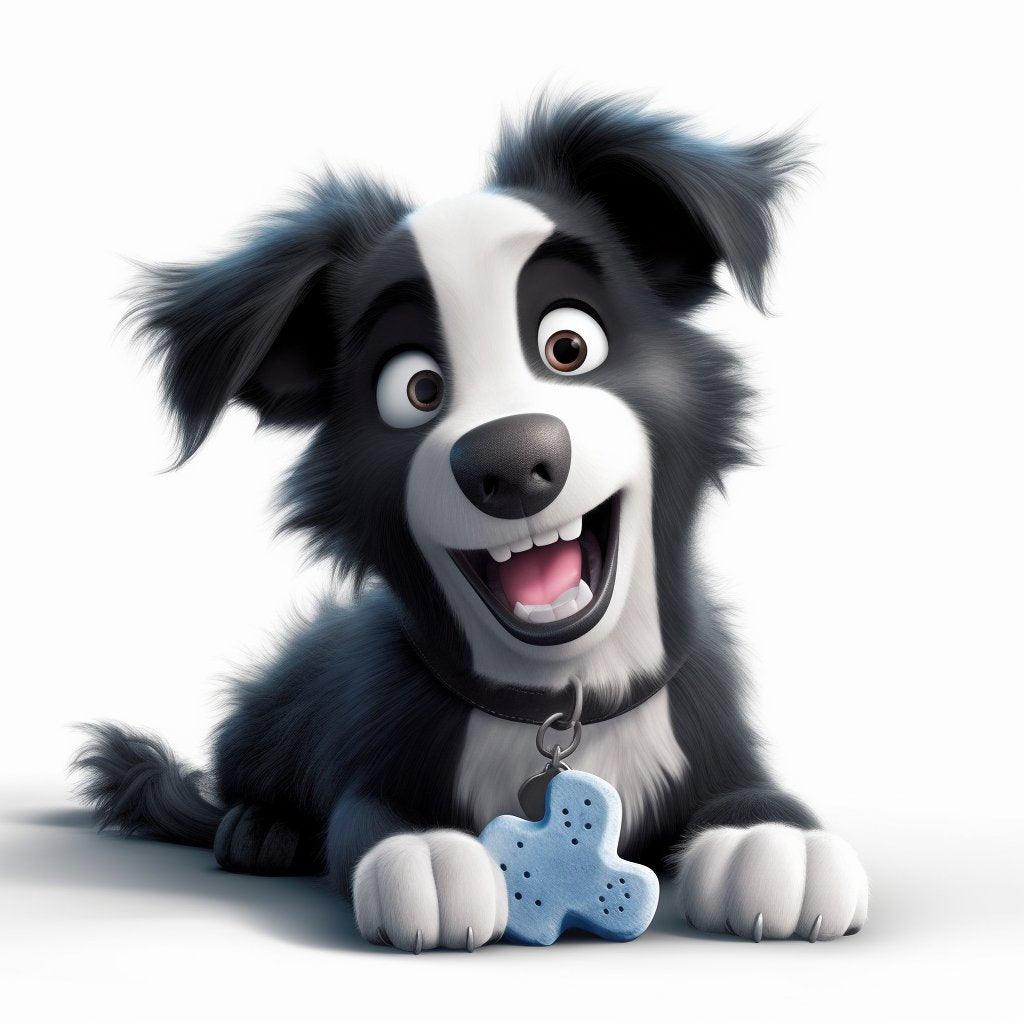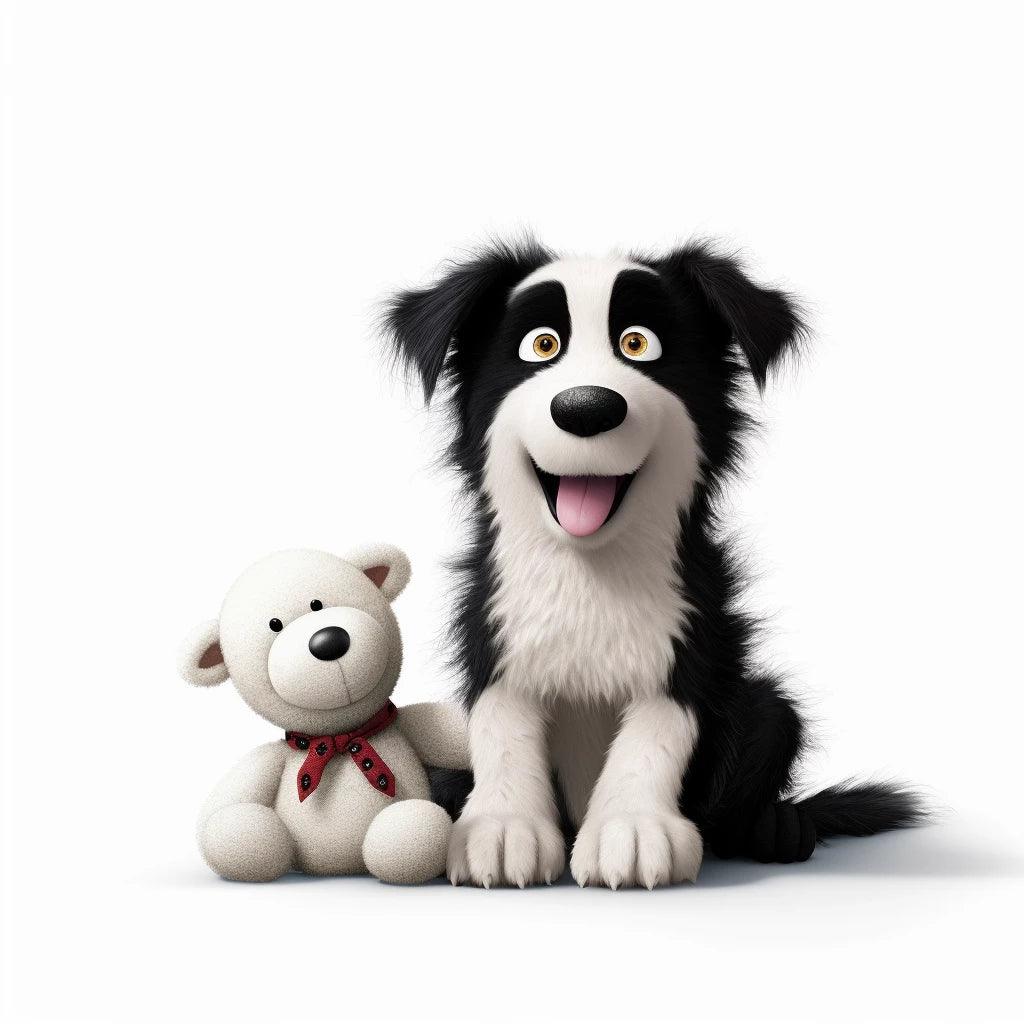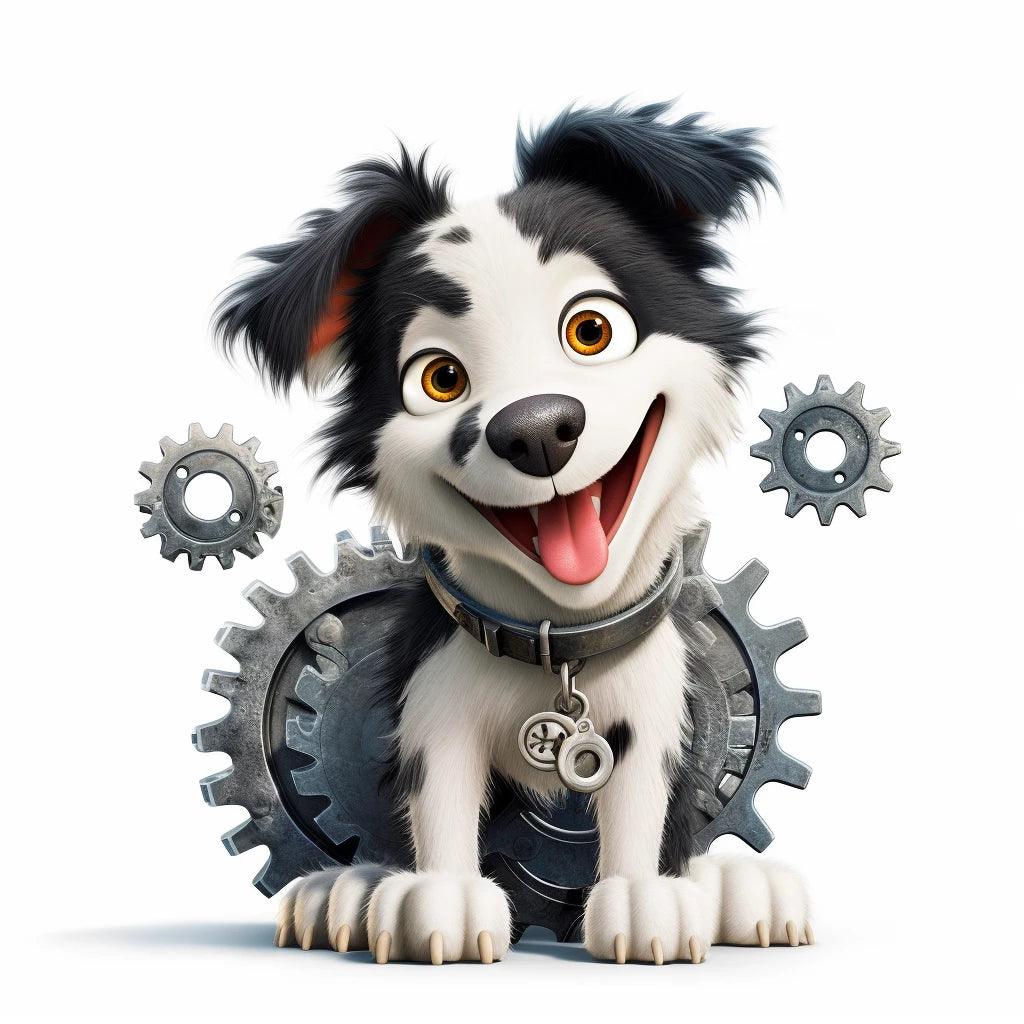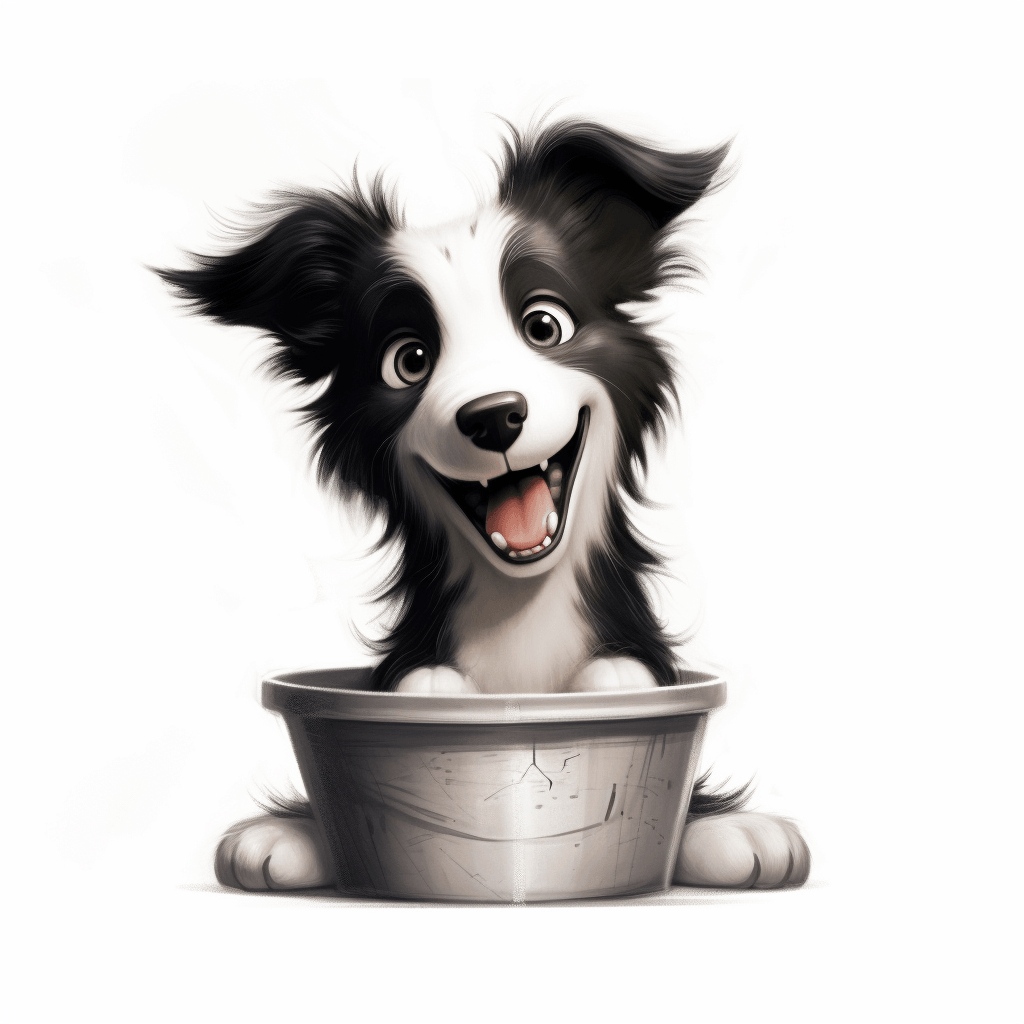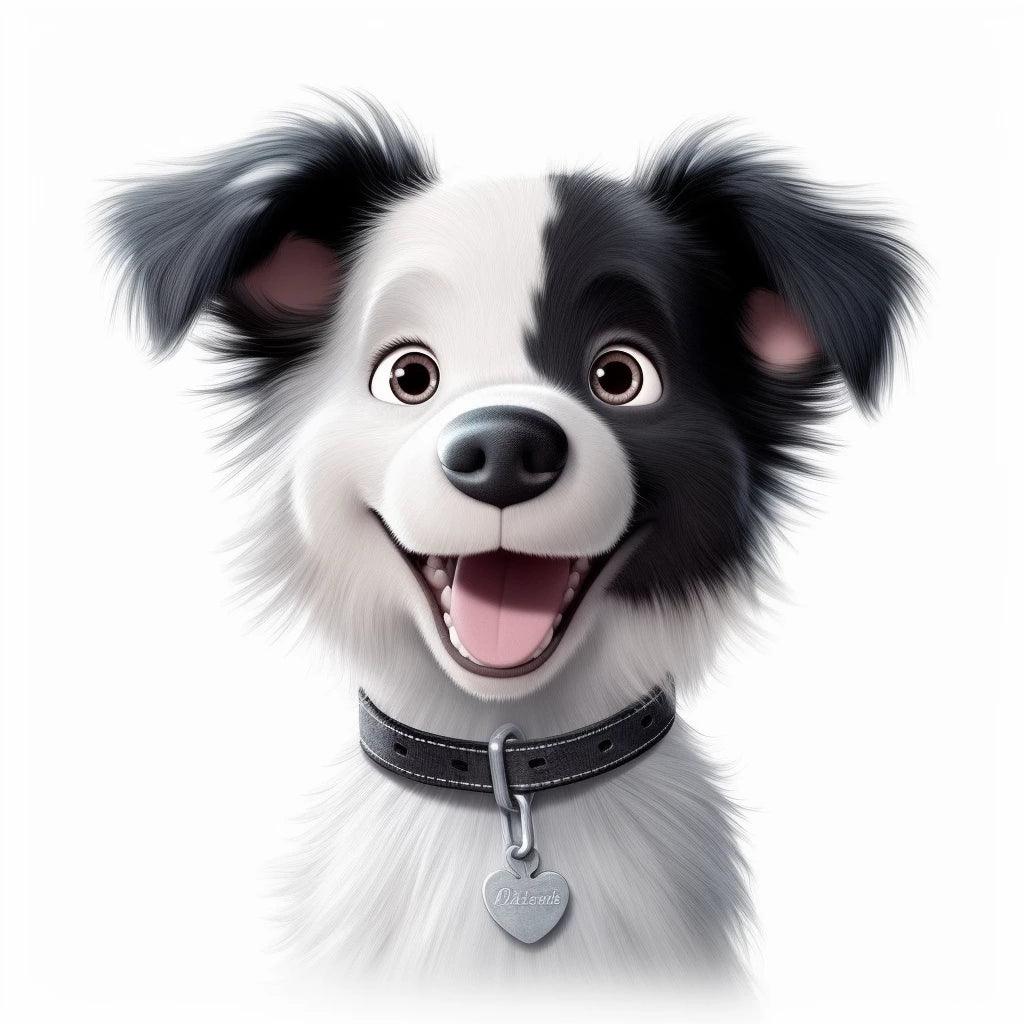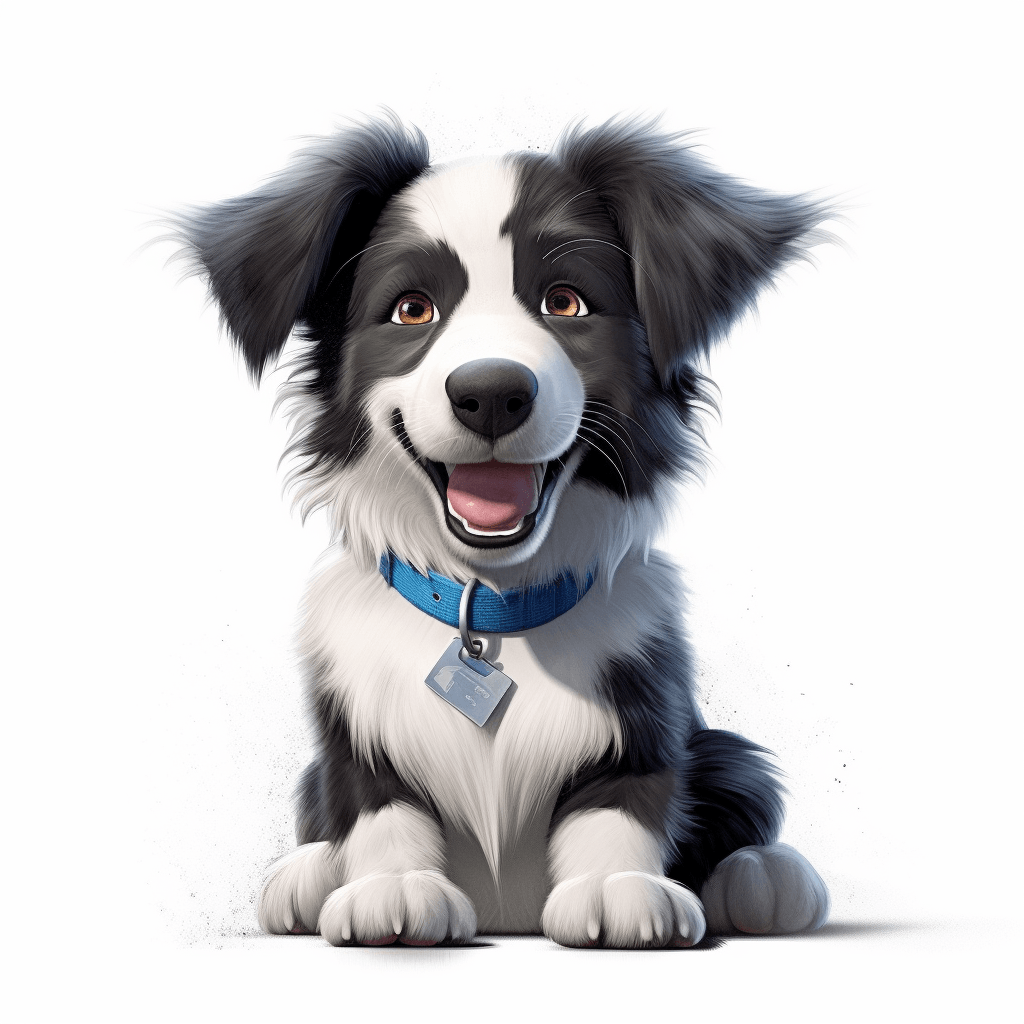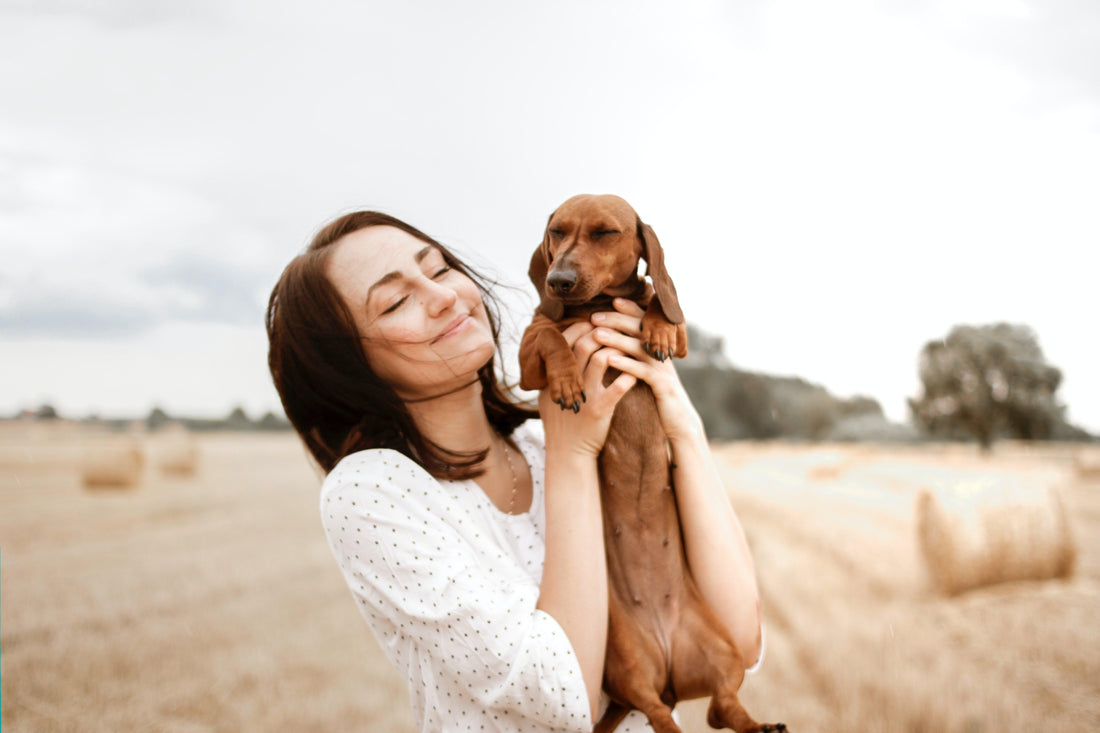
The Unique Relationship Between Dogs and Humans: Understanding the Benefits, Roles and Responsible Care
Share
The relationship between dogs and humans is one of the oldest and most enduring relationships in human history. Dogs have been domesticated for thousands of years and evolved to become loyal and devoted companions for humans. This relationship is one of a kind and has been developed over years of coexistence between the two species. In this article, we will explore the benefits, roles and responsible care associated with the relationship between dogs and humans.
The origins of the relationship
The history of dog domestication dates back approximately 15,000 years. The first dogs were likely domesticated from wolves who began approaching humans to feed on scraps from their meals. Over time, humans began to enjoy the company of dogs and use them for hunting and herding.
Over the centuries, dogs have been bred to meet specific needs, such as hunting, guarding, tracking or rescuing. Dog breeds have been developed to meet these specific needs, creating a wide variety of dog breeds and sizes.
Today, dogs are considered members of the family in many cultures and are bred primarily for companionship. They are also used as service dogs for people with disabilities, law enforcement and the military, and to assist firefighters and rescue workers in search and rescue operations.
The benefits of the relationship
The relationship between dogs and humans brings many physical, mental and emotional benefits. Studies show that dog owners have better physical health, including lower blood pressure and a reduced risk of cardiovascular disease.
Dogs can also help reduce stress and anxiety in humans. Dog owners have been shown to experience fewer symptoms of depression and loneliness, as well as better mood and greater life satisfaction.
Additionally, dogs can be of great help to people with physical or mental disabilities. Service dogs can help people with limited mobility move around and complete daily tasks. Therapy dogs can help people with mental health conditions overcome anxiety and stress.
The different roles of dogs in human life
Dogs fulfill a variety of roles in human lives. Companion dogs are bred to provide companionship and unconditional love to their owners. They are often considered family members and are treated as such.
Service dogs are dogs specially trained to help people with physical or mental disabilities. They can help people
people with blindness to get around, help people with mental disorders overcome anxiety, and help people with epilepsy detect seizures.
Working dogs are used in a variety of fields, such as law enforcement, military, firefighters, rescue workers, and hunters. Police dogs help detect drugs, explosives and guns, and can be used to track down fleeing criminals. Army dogs help detect explosives and landmines, and can also be used for search and rescue of people in war zones.
Responsible care for dogs
Dogs need constant care to stay healthy and happy. Dog owners should provide them with a balanced diet, regular veterinary care, exercise, and appropriate training and socialization.
A balanced diet is essential for the health of dogs. Dog owners should feed their pets a diet appropriate for their age, breed and activity level. Dog owners should also avoid giving their pets foods that may be toxic to them, such as chocolate, grapes and onions.
Regular veterinary care is also essential for maintaining dog health. Dogs should be vaccinated regularly to prevent disease, and dog owners should take them to the veterinarian for regular health checkups.
Physical exercise is also important for the health of dogs. Dogs need regular exercise to maintain their weight and cardiovascular health. Dog owners should give their pet a sufficient amount of daily exercise, depending on their breed and activity level.
Finally, proper training and socialization are necessary for dogs to be happy and well-adjusted. Dogs need to be trained from a young age to learn basic rules, such as cleanliness and socialization with other dogs and people.
Current issues
Although the relationship between dogs and humans has many benefits, there are also problems associated with dog ownership. One of the biggest problems is the overpopulation of dogs in shelters and rescue centers. Millions of dogs are abandoned each year around the world, and many shelters struggle to cope with the constant influx of animals.
There are also health and behavioral problems in dogs, such as obesity, anxiety and aggression. Dog owners should be aware of these issues and take steps to prevent or treat these problems.
Finally, there is
had technological and scientific advances in the field of pet care. Dog owners now have access to cutting-edge medical treatments, foods specially formulated to meet each pet's needs, and innovative toys and equipment to help stimulate their intellect.Conclusion
The relationship between dogs and humans is one of a kind, and it brings many physical, mental and emotional benefits to both species. Dogs have been domesticated for thousands of years and evolved to become loyal and devoted companions for humans. Dog owners should care for their pets responsibly, providing a balanced diet, regular veterinary care, exercise, and appropriate training and socialization. They should also be aware of the problems associated with dog ownership, such as overpopulation and health and behavioral problems in dogs.
Ultimately, the relationship between dogs and humans is a source of joy and comfort for millions of people around the world. Dog owners have a significant responsibility towards their pet, but in return they receive unconditional love and loyalty from their pet. The relationship between dogs and humans is a unique and valuable one, and it will continue to be important to both species for years to come.

